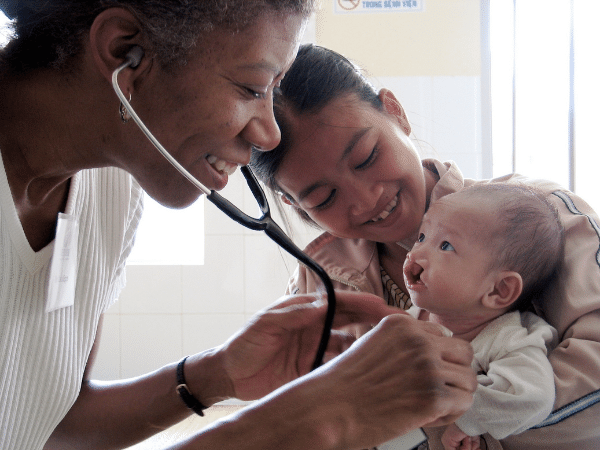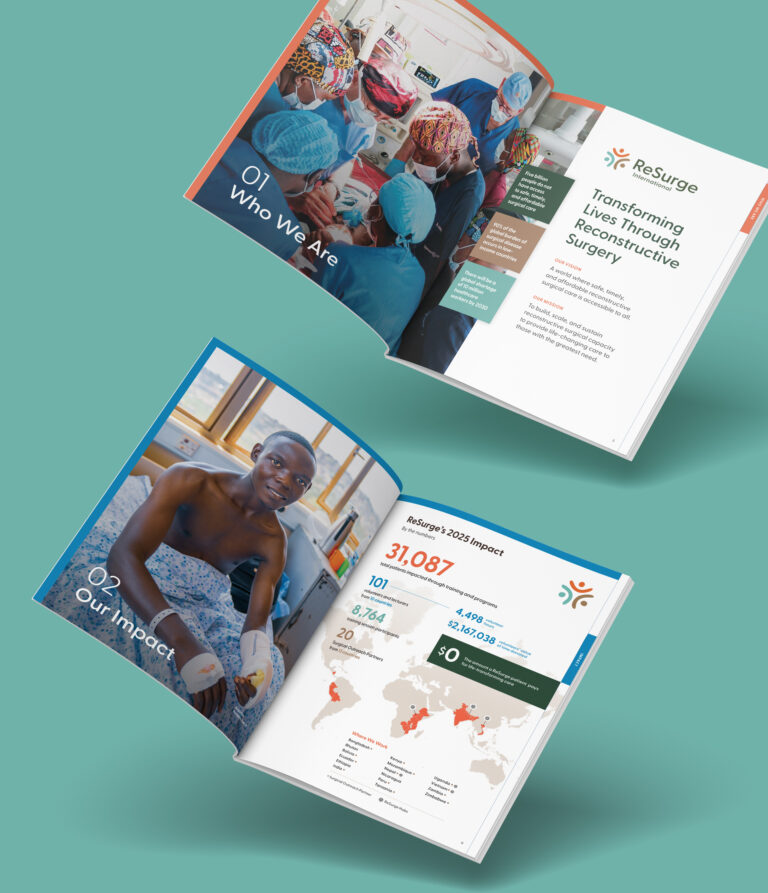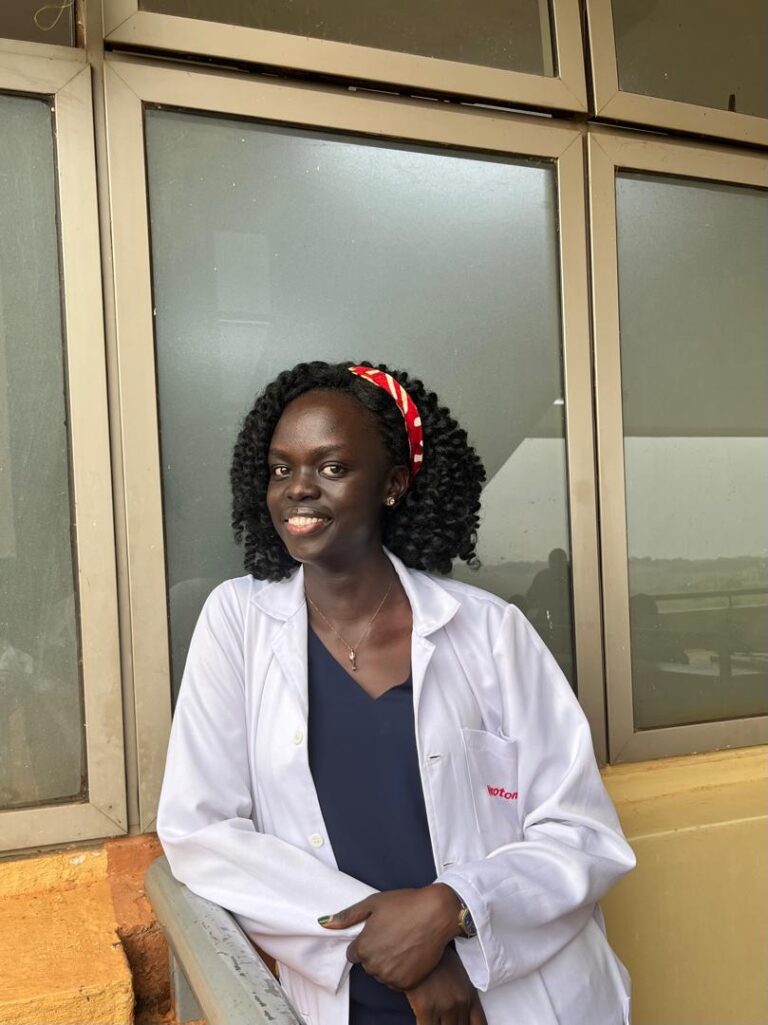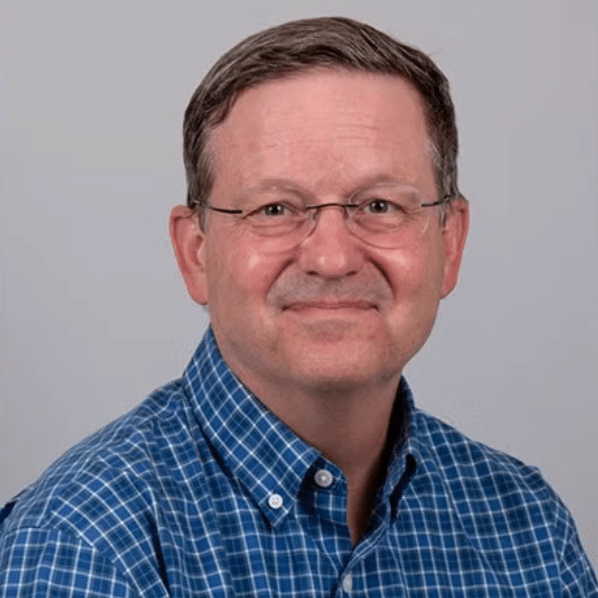Black History Month honors the incredible contributions that Black communities have made throughout American history — from the activist to the artist; the creator to the pioneer. This Black History Month, we’re interviewing ReSurge medical volunteers who are pioneers both in the medical field and the humanitarian world.
We caught up with Dr. Carla Epps, a Pediatrician from Chevy Chase, Maryland.
Where were you born and raised?
I was born in Iowa, where my father was a graduate student at Iowa State. We moved to Maryland when I was in the third grade after my father got a job there.
What inspired you to become a pediatrician?
I had an idea that doctors did things to help people, even as early as middle school when I did my science project on blood banking. I wasn’t sure what type of doctor I wanted to be, but once I got into medical school and through the rotations, I found what I wanted to do. I loved being around kids. It was challenging, as babies don’t talk, but kids are the most honest people you will ever know. You know you’re doing things right if you get a smile from them. Once they trust you, they are good to go. The same with parents, I work with parents to create a team effort. Sometimes parents are not necessarily coming to ask you for advice, they sometimes want to be validated that they are doing the right thing
What was it like going into your field as an African American pediatrician? Did you face any obstacles?
Racism is part of the fabric of our country; I ran into it during my residency. People have assumptions and preconceptions about African Americans. It was inflicted upon me by some of my colleagues and patients. For example, once someone trashed my friend’s meticulous study notes. Another time, during one of my rotations, a fellow resident didn’t tell me that the time had changed for our rounds; this person then proceeded to tell the attendee that I wasn’t showing up for rounds. I have also been told by a patient that they “didn’t want to see a Black doctor.” This last comment was in 2019. Some people say it straight out, but some may be thinking it.
How did you first hear about ReSurge International?
I heard about it when another pediatrician at a different hospital couldn’t make a medical team trip. ReSurge contacted the department chair at my hospital and asked for someone who spoke Spanish. My first trip was to Honduras. I was hooked after this first trip. I did about 10 trips with ReSurge total.
What is your most memorable ReSurge trip or patient from the field?
All of the trips I went on had memorable moments. For me, it goes back to the trust from the kids and parents. When I went to Vietnam, a baby locked eyes with me and started holding my finger. That moment was so sweet and it held so much promise. I knew then that this baby trusted me. During my last trip with ReSurge, I went to Peru. It was there, that a mother of a 6-year-old boy named WIlliam, came out of cleft surgery and asked me to be his Godmother.
What advice do you give others who would like to pursue a career in the medical field?
Make sure you’re doing it because it’s something that you love. It is hard. There are different ways of being in the medical field. If I could do it again, I may have been a mid-level provider like a nurse practitioner, as I loved the clinical part of my work and would have loved more one-on-one time with patients, usually mid-level providers can provide this. This time spent can make a huge difference, especially in the beginning. All in all, do something that makes you want to get out of bed in the morning!
What is your message of hope for the global surgery movement?
I learned on my first trip the power of education and building with the community; this is fundamental and the way to go when you’re in someone else’s country. It’s like building a house: a frame goes up, then more support is needed to go into the house. We can help set the foundation but the support and maintenance must happen at the local level.





